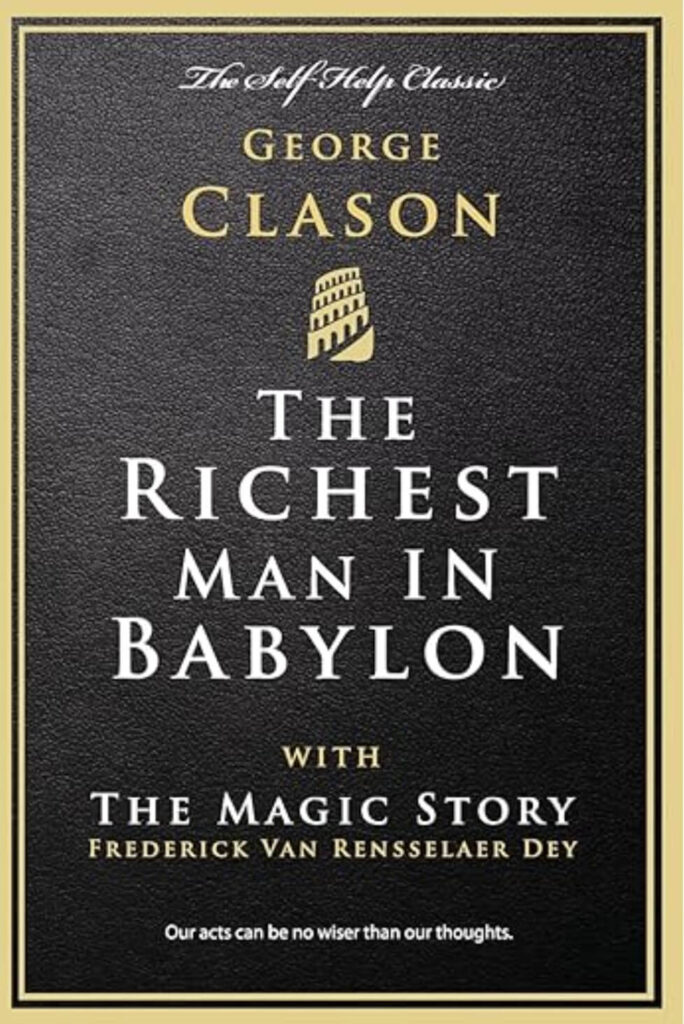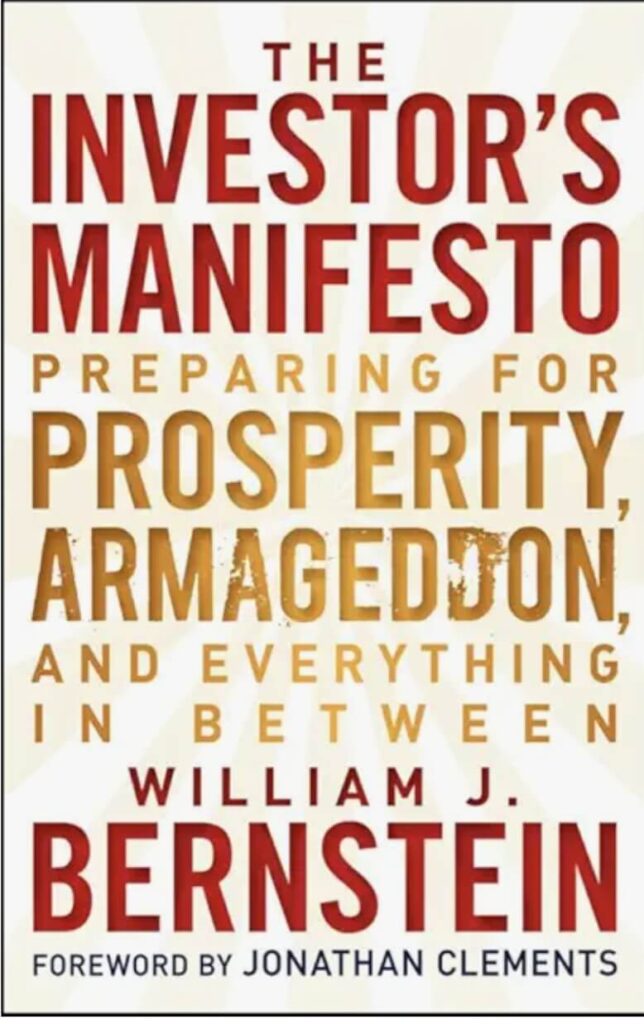Ancient Parables, Timeless Lessons—or Outdated Advice?
🎯 Introduction: Wisdom from the Sands of Time—or Dusty Financial Folklore?
First published in 1926, The Richest Man in Babylon by George S. Clason has become a perennial favorite in personal finance circles. Told through fictional parables set in ancient Babylon, the book promises to distill “the secrets to financial success” into simple, eternal truths. Its fans hail it as profound. Its critics see it as simplistic and dated.
The book’s central argument? Wealth is built not through complexity but through discipline—save, invest, and live below your means. While its message remains relevant, its storytelling style and lack of actionable detail may leave today’s readers underwhelmed.
🧠 Core Philosophy: A Penny Saved Is a Penny Empowered
The book’s famous core principle—“Pay yourself first”—encapsulates its approach. Through stories of merchants, money lenders, and kings, Clason emphasizes age-old financial virtues:
⦁ Save at least 10% of your income
⦁ Control thy expenditures
⦁ Make gold thy servant (i.e., invest wisely)
⦁ Guard thy treasure from loss
⦁ Increase thy ability to earn
These principles are presented as unchanging laws of prosperity. And to Clason’s credit, they hold up in spirit. But in substance? They often fall short.
📖 What’s Inside: Sandals, Scrolls, and Simple Rules
The book is a collection of short parables centered around Arkad, “the richest man in Babylon.” We follow his journey from humble scribe to magnate, as he shares his wisdom with friends and protégés.
Chapters include:
⦁ “Seven Cures for a Lean Purse”
⦁ “The Five Laws of Gold”
⦁ “The Gold Lender of Babylon”
⦁ “The Walls of Babylon”
Each is written in faux-archaic English—a stylistic choice that some find charming and others find tedious. The tone is more sermon than seminar, heavy on moralizing and light on modern financial relevance.
✅ What Readers Love (Based on Positive Reviews)
⦁ Timeless Simplicity
The book’s back-to-basics advice—save, avoid debt, invest wisely—feels pure in a world flooded with get-rich-quick schemes.
⦁ Short and Digestible
At under 150 pages, the book is easy to read, easy to re-read, and widely gifted.
⦁ Philosophical Depth
For some, the parable format creates a sense of depth and moral weight that more technical finance books lack.
❌ Where It Falls Short (Based on Critical Reviews)
⦁ No Practical Application
The book never explains how to invest, build wealth, or manage risk in concrete terms. Readers looking for strategies will find nothing beyond aphorisms.
⦁ Archaic Style
The faux-Biblical English—“thy,” “thou,” “dost”—can come off as pretentious or simply annoying, especially for modern readers.
⦁ Oversimplified and Moralistic
The parables reduce poverty to personal failure and ignore systemic barriers to wealth. There’s little nuance around debt, investing, or financial hardship.
⦁ Outdated Economic Context
Babylon’s economy had no fiat currency, no inflation, no taxes, and no global markets. Drawing direct lessons from it feels, at times, like forcing a square peg into a round portfolio.
🔍 Deeper Analysis: Wisdom or Wishful Thinking?
The book’s central strength is its clarity. But that’s also its weakness.
It offers a worldview where wealth is simply a function of self-control and delayed gratification. That may be true in principle—but in reality, economic inequality, wage stagnation, and systemic discrimination complicate the path to prosperity.
It’s also silent on critical modern topics:
⦁ Diversification
⦁ Compound interest
⦁ Index funds
⦁ Retirement planning
⦁ Inflation and purchasing power
⦁ Behavioral finance
In short, The Richest Man in Babylon is philosophy, not finance.
📚 Comparison: Classic or Cliché?
Compared to other beginner books—like The Millionaire Next Door or The Psychology of Money—Clason’s work is more allegorical and less empirical. It’s more like Aesop’s Fables than Bogle’s Guide to Investing.
It’s an interesting historical document—but hardly a complete framework for building wealth in the 21st century.
⭐ Final Verdict: ★★☆☆☆ (2.5/5)
⦁ Beginners looking for a mindset shift
⦁ Fans of parables and moral tales
⦁ Readers who want simple, principle-based guidance
Who Might Want to Skip It:
⦁ Anyone seeking modern financial strategies
⦁ Readers turned off by old-timey language
⦁ Those needing practical or evidence-based advice
🛑 Bottom Line: Read it to reflect—but don’t rely on it to inv




